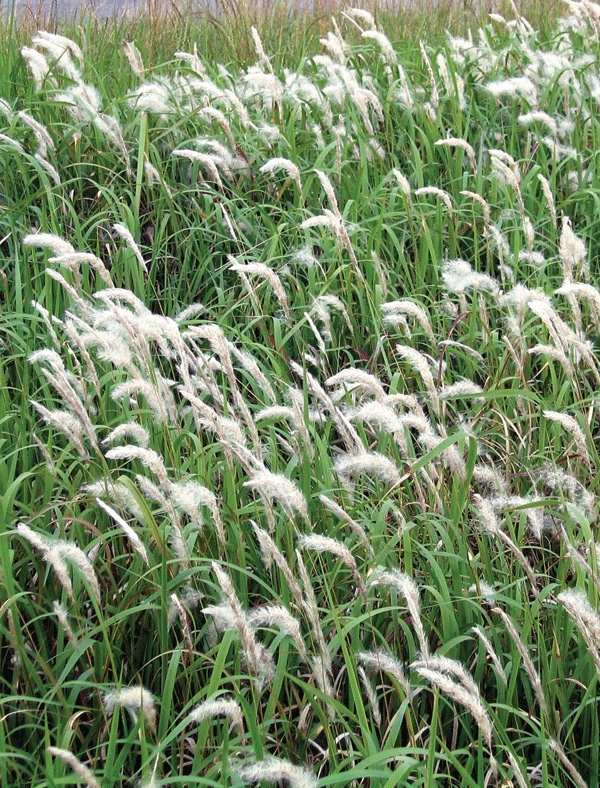
• Invasive species include weeds, insects and diseases not native to the state that have the capacity to greatly harm agricultural and natural resources.• Examples include kudzu, hydrilla and beach vitex. Estimates place the cost of invasive species in the United States at more than $137 billion each year.
April 4, 2011

Agriculture Commissioner Steve Troxler wants you to think about kudzu and other invasive plants this week, because it’s the first Invasive Plant Awareness Week in North Carolina.
Troxler also hopes you’ll take note of the critical role the North Carolina Department of Agriculture and Consumer Services plays in preventing the introduction, establishment and spread of all invasive species in the state. In fact, he would like it if word of his department’s work spread like, well, kudzu.
Invasive species include weeds, insects and diseases not native to the state that have the capacity to greatly harm agricultural and natural resources. Examples include kudzu, hydrilla and beach vitex. Estimates place the cost of invasive species in the United States at more than $137 billion each year.
“The least costly way to control invasive species is to prevent them from being introduced and becoming established,” Troxler said. “As we’ve seen with kudzu, once invasive species are established and begin to spread, it’s much harder to get rid of them.”
The department’s Plant Industry Division coordinates preventive programs to assist plant nurseries, garden centers, farmers and the public in guarding against the impacts of invasive species. As part of its monitoring activities, the division’s staff registers and inspects more than 1,800 plant nurseries and nearly 3,000 retail locations that sell plant material. These inspections ensure plants and related material produced and sold in North Carolina remain free of invasive species that might trigger plant quarantines, Troxler said.
For more information about invasive species in North Carolina, along with ways you can help prevent their introduction and establishment in your area, visit www.ncinvasivespecies.org.
You May Also Like



